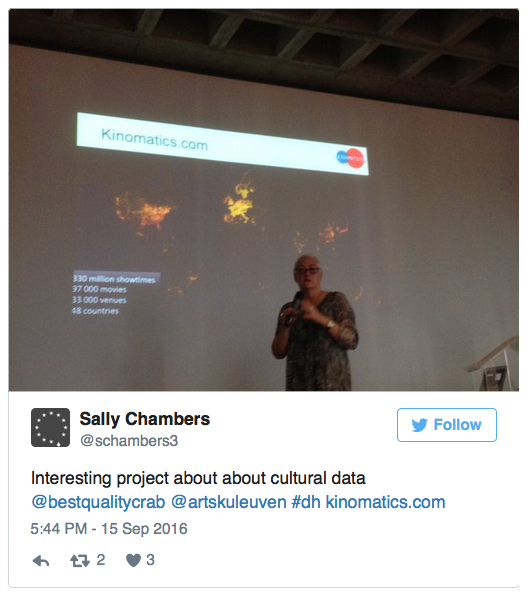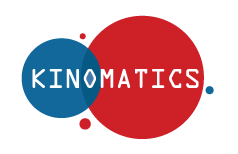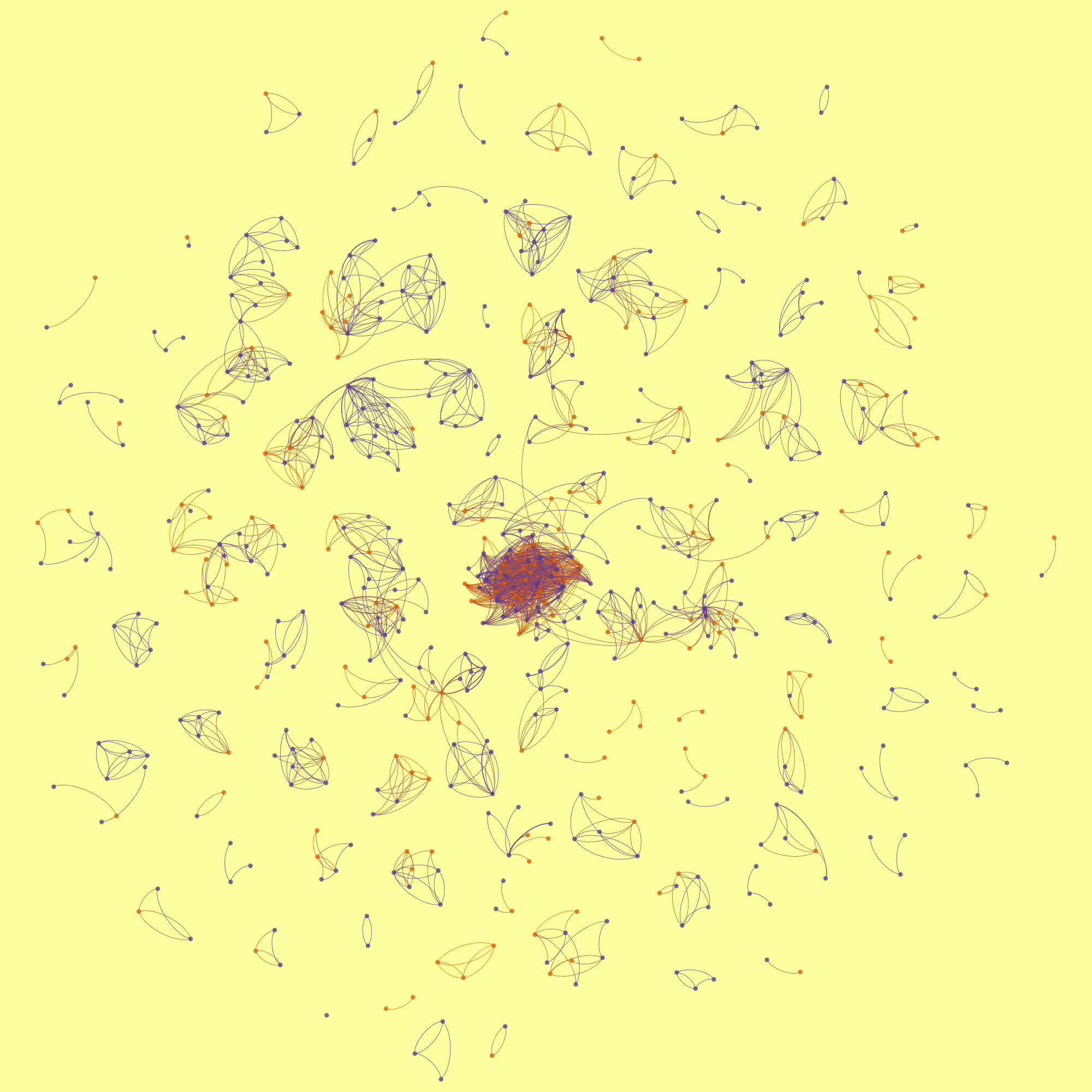An outline for an intersectional feminist Digital Humanities
In September, Deb traveled to KU Leuven to give the opening keynote at a conference on Intersectionality in the Digital Humanities. Her focus was twofold, asking:
- What can we learn about intersectionality from working with our data and relatedly,
- What can we learn from intersectionality to understand our data better
The presentation was principally concerned with moving debates about intersectionality away from a taxonomic approach to identity (see this new Australian advertisement for lamb – “the meat that doesn’t discriminate” – for a breathless example) and towards a more relational approach that can account for the operations of domination and power in networks.
Intersectionality itself proposes philosophical and technical challenges to matters of scale in the way we work (for example what do claims about the global in “big data” mean beyond simply the “widening” of scale) and to matters of connectedness (how do we revise and revive our capacities for interconnection at all levels of the way we work as explored in the HuNI platform for instance).

Deb spoke the value (and limitations) of a networked approach to scale and connectedness for our new research on gender inequality in the Australian film industry. Did you know for instance that in the past 10 years, out of the 284 male producers with feature films submitted to the Australian Film Institute awards, 90 (32%) have never worked with a female key creative (producer, director, writer).
57% of Australian male film producers have worked with one or no female creatives.
We’ll be releasing more details and writing up this research (see a visualisation below) over the next few weeks.
Deb concluded her presentation with a draft outline for an intersectional feminist digital humanities that would:
- address the urgent need for strategies of co-existence in the world
- contest binary “logics” and embrace heterogeneity and complexity
- be composed of a wide range of interconnected human (and more than human) identities
- understand the relationship between diverse identities and challenging overlapping systems of oppression
- aim to fundamentally shift values (rather than redistribute the numbers)
- understand and reveal the political dimensions in our data
- operate at scale and address the need for change at the systemic, collective and individual levels
- build capacity with and centre on those most marginalized and at the forefront of injustice
- foster the ability of people to work in the service of communities rather than for personal success
- use inclusive organizational models, instead of reproducing dominant leadership structures
- have no single institutional expression, and instead have numerous leaders and organizations that represent multifaceted constituencies
- articulate a compassionate unity in the form of collaborative alliances for change based on actions that create a greater sense of connectivity and alignment
- exercise both feelings and analysis to disrupt existing relationships of power and privilege
- have a clear and resilient vision of a future without domination.
- be practiced in many registers including, especially, in the ways we work with data and with each other
- recognize that we all have a responsibility to redress inequalities because we are all interconnected
This list is a thoughtwork-in-progress. To be continued…

